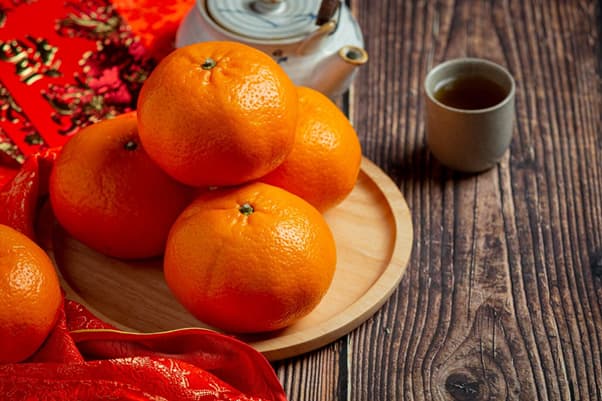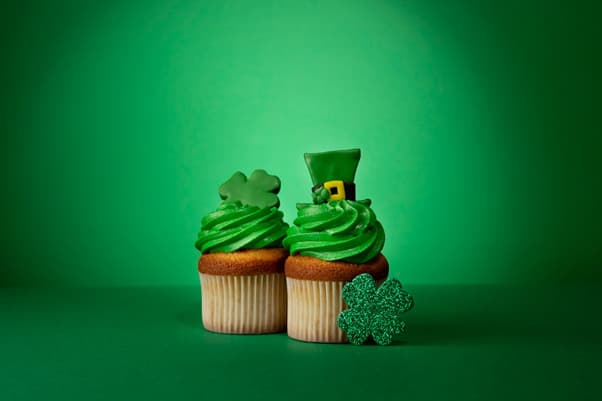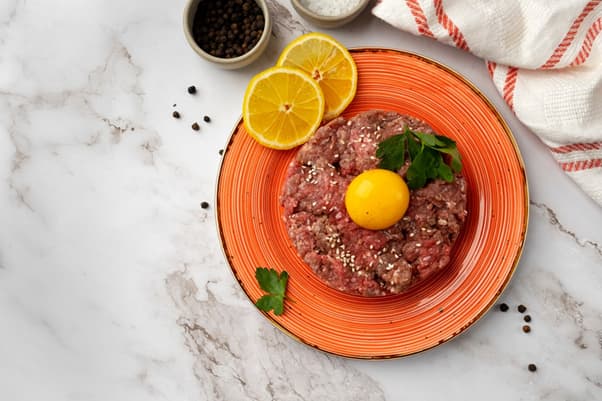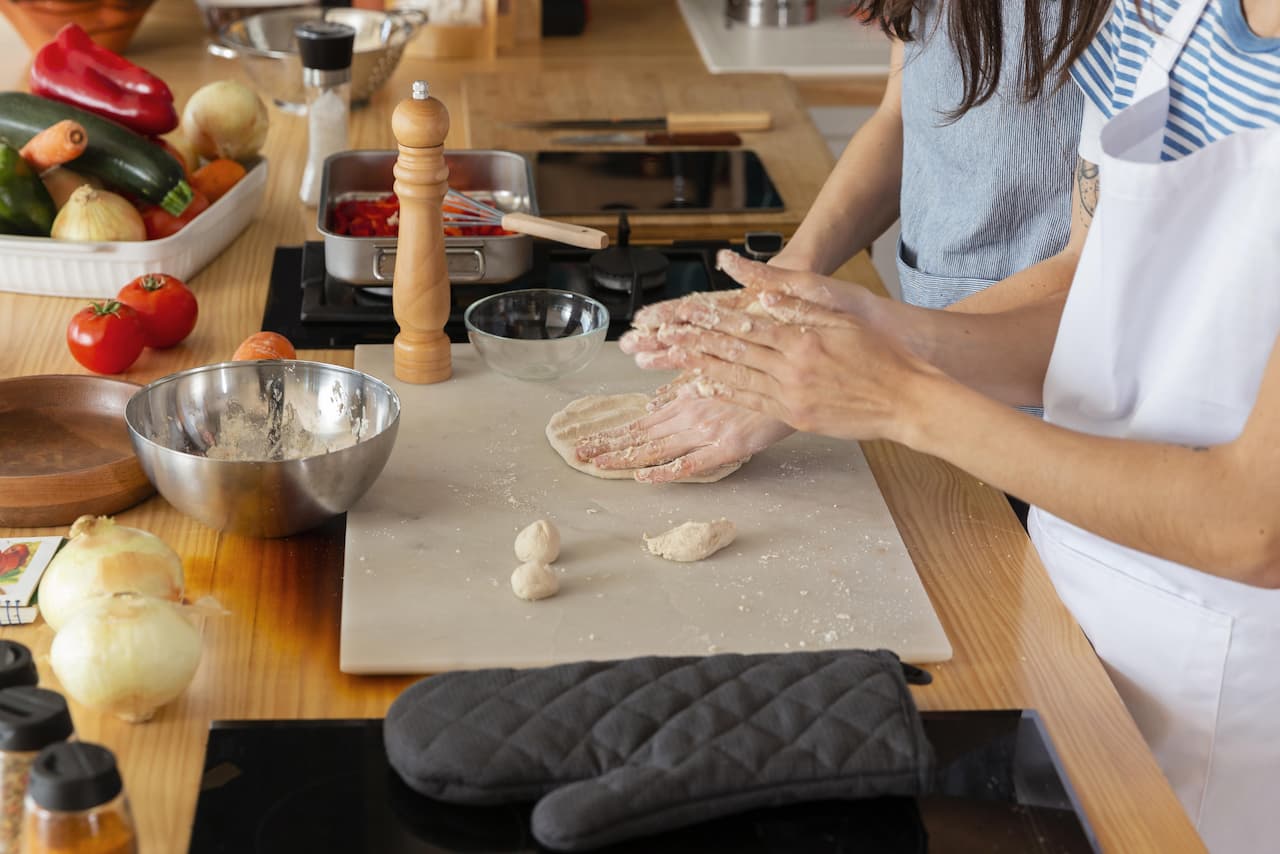Whether you’re sitting at a high-stakes poker table in Las Vegas or spinning a virtual roulette wheel at home, one thing unites gamblers around the world: their deep-rooted belief in luck. And often, that luck is tied to something on their plate. From garlic necklaces to bowls of lentils, the world of gambling is rich with edible rituals that are as strange as they are sacred. At the intersection of culture, food, and chance, gamblers have long trusted in bites that promise better odds.
Cultural Roots of Culinary Luck
Food and superstition have always been intertwined. Across cultures, meals have symbolized fortune, prosperity, and protection. Gamblers, being risk-takers by nature, are especially drawn to these culinary traditions. For example, in Italy, it’s customary to eat lentils on New Year’s Eve for good luck, symbolizing wealth due to their coin-like shape. Many Italian gamblers have adopted this tradition year-round—consuming lentils before important games as a charm against bad fortune.
In China, oranges and dumplings are linked with prosperity and good luck. It’s not uncommon for players in Macau to eat a dumpling before playing baccarat, hoping the symbolic wrapping of wealth brings real rewards. Similarly, in parts of the southern United States, black-eyed peas are seen as a lucky food, often eaten before entering any kind of contest—including gambling.
Lucky Snacks at the Table
It’s not just traditional meals that carry luck. Many gamblers have developed personal superstitions around specific snacks or foods they consume during play. From a psychological standpoint, the ritual of eating can create a comforting routine, reducing anxiety and reinforcing positive outcomes.
Some curious habits include:
- Always chewing mint gum while playing slots, believing the freshness clears the mind.
- Eating a particular brand of peanuts during blackjack sessions because of a big win once associated with them.
- Never drinking anything sweet before betting—only black coffee or water.
These may sound trivial, but such habits can evolve into powerful mental anchors. They provide a sense of control in a world governed by chance.
Interestingly, online gambling has seen the rise of digital-age rituals. As players shift from physical casinos to online platforms, they bring their food traditions with them. Online players report sticking to certain snacks at home—some even avoid eating entirely during a losing streak, convinced it might jinx their play.
One fascinating perspective on modern gambling habits, including bonuses and platform culture, can be explored through https://play-fortune.pl/, a comprehensive site covering online casinos, games, and promotions. It sheds light on how superstitions still find a way to thrive in the digital realm, where rituals adapt, but belief in luck remains as strong as ever.
When Rituals Become Routine

The line between habit and superstition is often blurred. Some food rituals become so embedded in a gambler’s practice that skipping them feels like inviting disaster. In fact, many casino regulars are known for visiting the same restaurant before every big game—ordering the same meal, at the same time, sitting at the same table. It’s not about taste—it’s about preserving a sense of control.
Even professional poker players, often analytical and data-driven, admit to carrying lucky snacks or eating specific meals on tournament days. A banana for calm energy. A protein bar for focus. A bowl of rice for groundedness. And in some cases, an orange or mandarin is eaten for its association with wealth and prosperity—especially among players influenced by East Asian traditions. The citrus scent and golden color are seen as symbols of fortune, making it a go-to snack for those hoping to attract good vibes at the table. Whether it’s true belief or just ritualized comfort, the effect is real.
The Science (and Psychology) Behind It
Why do these edible superstitions persist? Psychologists suggest it’s because they offer gamblers something rare in games of chance: predictability. Food becomes a physical anchor in a world full of randomness. Even if the food itself doesn’t influence the cards or the reels, the confidence boost from believing it does can lead to sharper focus, better decisions, and, occasionally, actual wins.
Additionally, many food-related rituals help signal a mental shift. Eating a “lucky snack” might be the gambler’s way of entering a competitive mindset—similar to an athlete’s pre-game ritual.
In recent years, online casino environments have made these rituals more personal. Players often report aligning their food choices with their gambling style—light meals for long sessions, spicy foods when taking bigger risks. On some platforms, including sms kasyno, convenience also plays a role: quick and easy snacks allow for uninterrupted play, blending old habits with new formats.
The Bottom Line
Superstitions, especially edible ones, aren’t just quirks—they’re part of a deeper cultural and psychological fabric that defines the gambling experience. Whether it’s a dumpling, a cup of coffee, or a bag of peanuts, the food that gamblers consume is rarely just about hunger. It’s about belief, control, and—perhaps most of all—hope.
So next time you find yourself reaching for that same old snack before a bet, ask yourself: are you hungry, or just feeling lucky?



